ABOUT PCECN
Our Mission
Our network aims to uplift Pierce County families with young children by identifying and bridging resource gaps, fostering connection, disrupting inequities, and removing barriers.
CULTIVATING AN IMPACT NETWORK
Through years of community project collaboration, we developed a network designed to care for the whole family through early childhood education, community connections, resource access, self-advocacy, and raising awareness about opportunities for stabilization and family connectedness.
Pierce County Early Childhood Network is striving to cultivate an impact network for the early childhood community in Pierce County, from individuals and families to schools and organizations.
“By embracing a living-systems approach to organizing, impact networks bring people together to build relationships across boundaries; leverage the existing work, skills, and motivations of the group; and make progress amid unpredictable and ever-changing conditions. As a powerful and flexible organizing system that can span regions, organizations, and silos of all kinds, impact networks underlie some of the most impressive and large-scale efforts to create change across the globe.” Click here to learn more about Impact Networks.
Our team is working towards integrating philosophies, concepts, and strategies from the Impact Networks book and toolkit.



